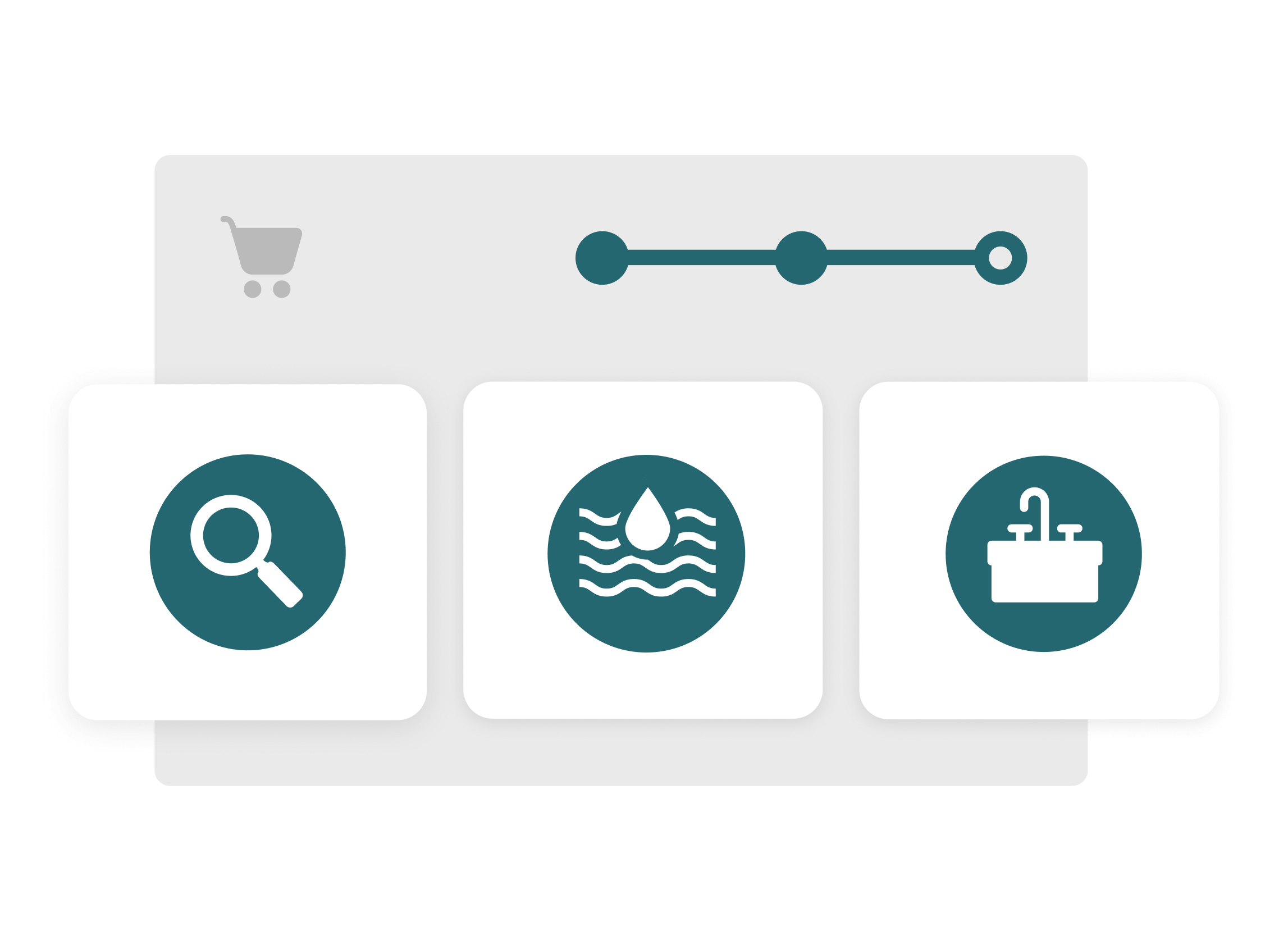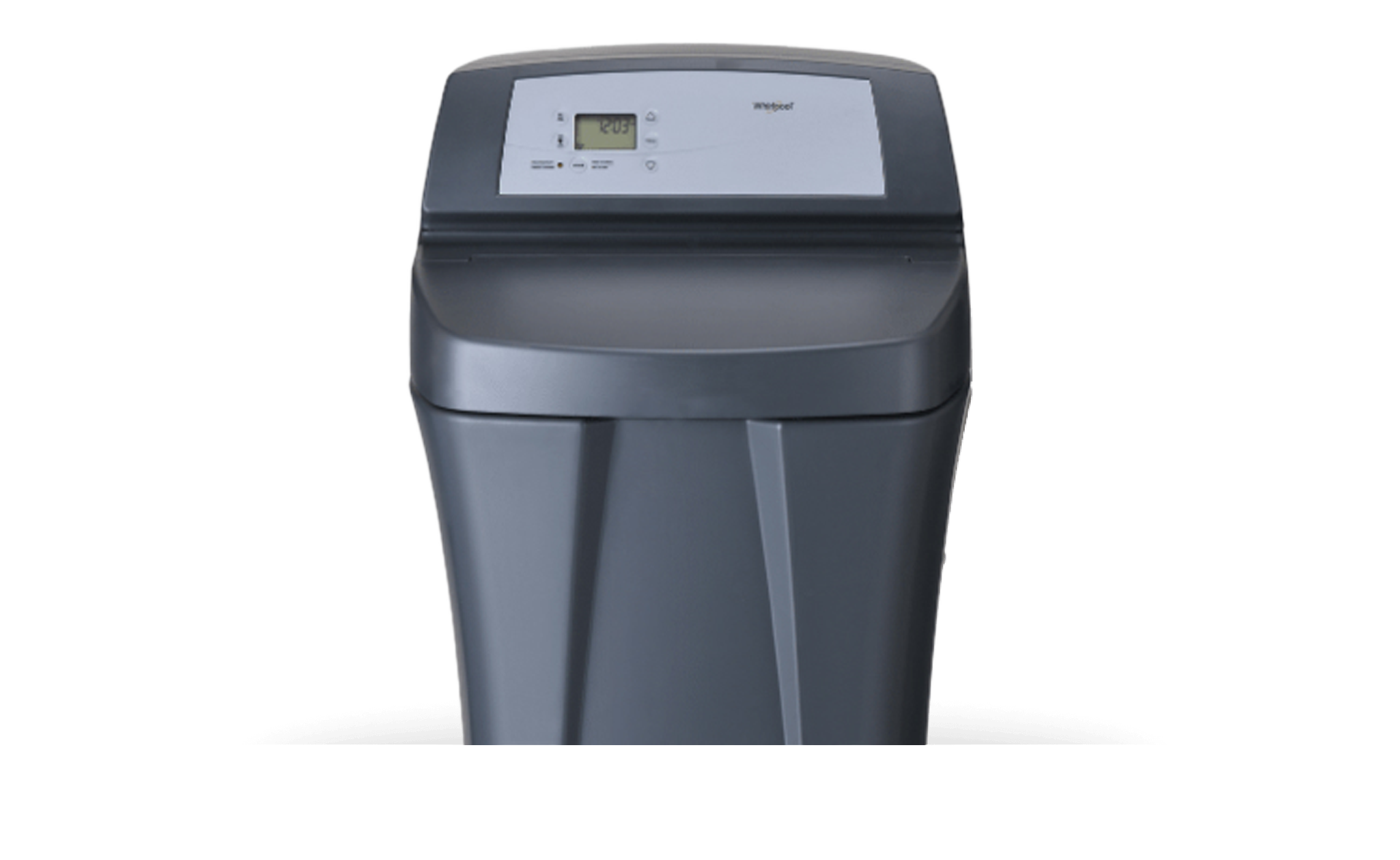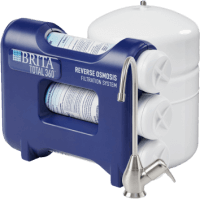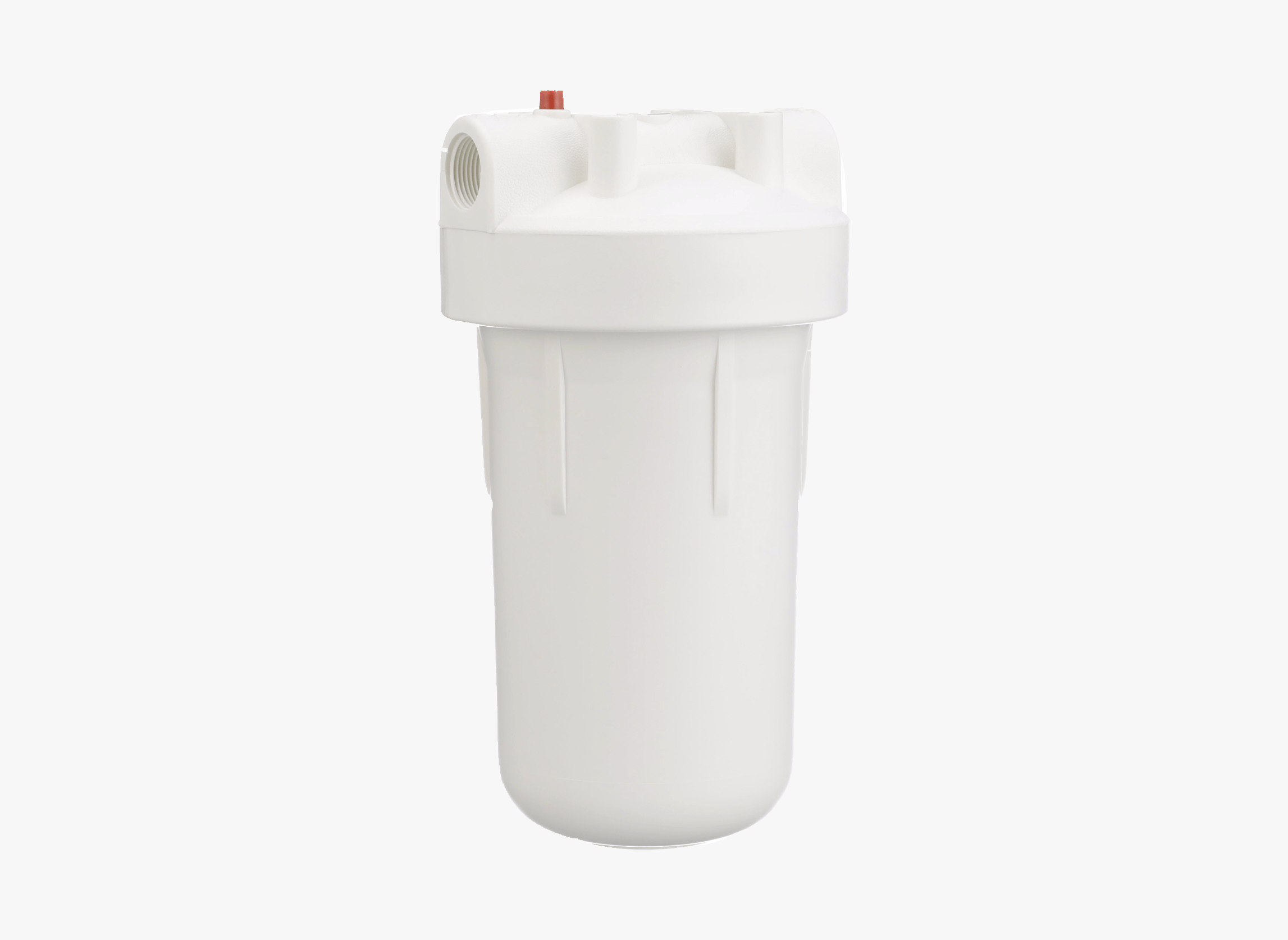Water Softeners vs. Water Filters: What’s Right For My Home?
You know something is wrong with your water. It either smells, leaves stains or makes your skin feel dry and itchy. But what can you do about it? The water treatment market is full of products with confusing science that can leave you with more questions than you had to begin with. The first step toward finding the best water treatment system for your home is to identify the issues you’ve been noticing around your home. This will help you assess how severe the problem is and how to tackle it. When choosing between water softeners vs. water filters, take a look around your house and see if you recognize any of these symptoms:
Signs you have hard water:
- Your dishes are spotted with residue, even after going through the dishwasher.
- Your faucets and showerheads are coated with a white, crusty buildup.
- You have dry, itchy skin all year round.
- Your hair is flat and brittle.
Signs your water is contaminated:
- Your water smells musty, metallic, sulfuric or fishy.
- Your water tastes bad.
- You are located in an area with poor water quality.
Try EcoPureHome’s New Interactive Shopping Guide Today
Ready to shop for your water treatment solution? EcoPureHome’s guided shopping experience can help.
Get Started
Water Softeners vs. Water Filters: What’s the Difference?
The difference between water softeners and water filters comes down to the type of contaminants you want to remove from your home’s water. Each system uses different technology to improve your water, so understanding the difference between the two is important before selecting a model for your home.
Water filters come in a variety of shapes and sizes, from pitchers, faucet and water bottle attachments, all the way up to a whole home water filtration system that treats water before it travels throughout your entire home. The terms water filters and water filtration systems are sometimes used interchangeably. For this article’s purpose, the water filters being referenced indicate installed water filtration systems rather than smaller pitchers and other low-cost, limited-use filters.
Water softeners remove hard water causing minerals like calcium and magnesium from your water. While technically both filters and softeners reduce certain levels of contaminants, softeners use salt to exchange the ions of calcium and magnesium, instead of simply trapping them with activated carbon or another kind of filtration media.
But which is better, a water softener or a water filter?
This is a common question, but the answer depends on your needs. A water filter reduces common—and potentially harmful—contaminants, providing healthier, better-tasting water. A water softener will remove the minerals that make your water hard, providing more comfortable, cleaner water that combats nagging hard water symptoms around the house. In some cases, it’s not an either or question—you may want both.
Choosing the Right Water Softener
If you’ve identified some of the common problems hard water is causing in your home, it’s time to find the best system for your needs. Using the ion-exchange technology through a salt brine tank, water softeners all are designed to reduce the level of hard minerals in your water. When selecting the right model for your home, you’ll need to assess the following:
- Water usage
- Your area’s water hardness level
- Household size
Compare and contrast different kinds of water softening systems based on the items above to help you navigate the many options available.

Choosing the Right Water Filtration System
Water filtration systems vary much more than water softeners. Depending on your water quality and your home’s needs, there are a few different options to consider when selecting a filtration system. Start with these basic categories and determine which will be the best fit for you.
Under sink water filtration
These filtration systems are a great option for people looking for high-quality water to cook, drink and eat with. As you can guess, they install directly under your sink and remove common contaminants – like lead and chlorine – that cause your water to smell and taste poorly, or worse, cause health problems. The types of under sink water filters vary in price and levels of filtration, so understanding the quality of your water will be critical in choosing the right filtration system. Under sink filters are simple to install and their compact designs don’t take up too much space in kitchen cabinets.

Whole home water filtration
This type of filtration system is best suited for people who want to reduce contamination across the entire home, from drinking water to bath water. If you are struggling with severe water taste, smell or you’re aware of local contamination, a whole home filter is a great way to treat your water before you make contact with it.
To install a whole home filter, you will need to attach it to your home’s main water supply line so any contaminants or sediment will be stopped as soon as it travels into your home.

Find the Right Water Solution for Your Home
Choosing between water softeners and water filters can seem daunting at first, especially with so many options to consider. But understanding what issues you’re currently experiencing at home and what goals you have for your water quality is a great way to determine which system to choose. Next, take time to learn more about each system and find the right solution for your home’s water.
Still not sure?
Use the interactive Guided Shopping Tool to get more answers and figure out what you need.
Browse Water Softeners / Browse Under Sink Water Filters / Browse Whole Home Water Filters